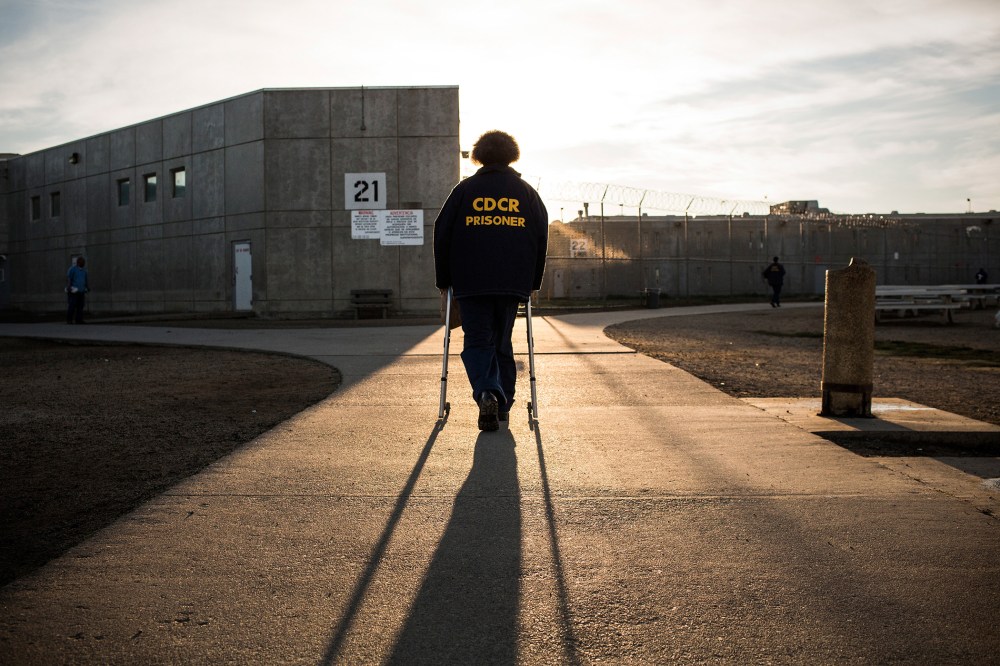Watching the presidential election unfold, it’s not hard to come to the conclusion that we live in a deeply divided country. And with a spotlight firmly placed on our differences, we are overlooking an area of remarkable bipartisan agreement and a real opportunity for progress this year — criminal justice reform.
According to a recent poll of registered voters released by The Pew Charitable Trusts, Americans across party lines and all demographics agree that our federal prison system is too big and too expensive. Voters believe we should change the way the federal system deals with drug offenders and take steps to reduce the total number of people serving time in federal prisons.
And there are proposals pending in Congress that would do just that.
RELATED: Sanders details how to reform criminal justice
Last year, Congressman Bobby Scott and Jim Sensenbrenner joined forces to introduce the The SAFE Justice Act, one of the most comprehensive piece of federal justice reform legislation in decades. And leading Democrats and Republicans in the Senate reached a historic compromise, several years in the making, and introduced the Sentencing Reform and Corrections Act. Similar legislation was also introduced in the U.S. House, and boasts a long list of bipartisan co-sponsors and a promise from Speaker Paul Ryan for a vote this year.
Conventional wisdom once told us that politicians can score points and earn votes by calling for a punitive approach to drug offenses and violent crimes alike — in both cases calling for harsher penalties and longer prison sentences. But recent data show us this view is wrong and outdated.
Public opinion has shifted — politicians running for re-election in November, and candidates seeking our nation’s highest public office should take note.
In Pew’s most recent poll, a clear majority of Democrats, Republicans, Independents, men, women, Latinos, African-Americans, seniors, young voters, and even law enforcement households believe that the federal prison system is too big, too expensive, and incarcerating too many drug offenders who pose little risk to public safety.
Voters in battleground states like Florida, Wisconsin, Kentucky and North Carolina have also voiced these concerns.
Across party lines and demographics, registered voters also agree that our current “one size fits all” approach to criminal sentencing does not work. Instead, 79 percent of voters support eliminating all mandatory minimum sentences and “letting judges judge” by giving them flexibility to determine the length of a prison sentence based on the specifics of each case. The same sentiment was expressed by early primary voters in New Hampshire and South Carolina.
And more than 85 percent of voters expressed support for allowing people in federal prison to earn time off of their sentences by participating in programs such as education and drug treatment, which can support their success and reduce recidivism.











